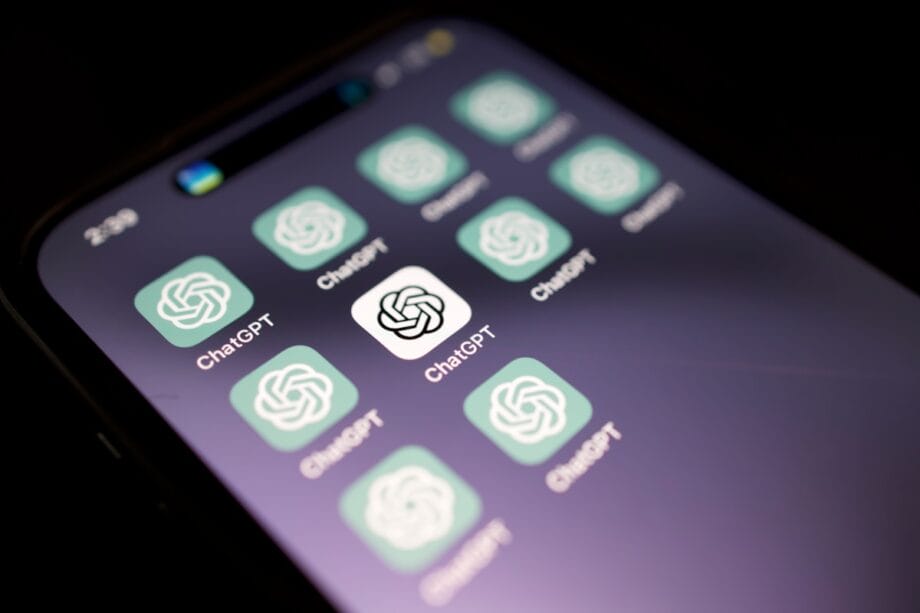ChatGPT Gains Traction as a Preferred Search Engine
Since the debut of its search functionality in October 2024, ChatGPT has steadily eclipsed established search engines like Google, positioning itself as an indispensable resource for information seekers. Kemi Badenoch has recently identified ChatGPT as her primary search tool(PA)
Upon launching its search capabilities, ChatGPT introduced a somewhat contentious premise: conventional search engines often impose excessive effort upon users. The multitude of web sources has been characterized as a hindrance rather than a boon when seeking dependable information.
Furthermore, a salient criticism of platforms such as Google, Yahoo, and Bing is their lack of user-friendliness.
ChatGPT’s ascent in the UK is notable for both personal use and professional applications. Recently, Kemi Badenoch, leader of the Conservative Party, remarked that ChatGPT now serves as her “new search engine.”
In a discussion with Robert Peston, she expressed, “I ceased my reliance on Google due to the enhanced contextual understanding offered by AI, which curtails the need for subsequent searches. However, one must tread cautiously, as accuracy is not always guaranteed.” The ChatGPT search interface launched in October 2024(AP)
Similar to Badenoch’s experience, a striking 77% of ChatGPT users have adopted it as their search engine, as indicated by a 2025 Adobe Express survey encompassing 1,000 American ChatGPT users. This study elucidated that respondents increasingly favor the chatbot over traditional search engines, with 30% expressing greater trust in ChatGPT.
Utilization Patterns of ChatGPT
Last month, OpenAI unveiled the most extensive analysis to date regarding ChatGPT utilization. This comprehensive study, based on 1.5 million user exchanges, offers unparalleled insights into consumer behavior pertaining to AI.
The findings revealed that nearly half (49%) of all interactions were categorized as “Asking,” underscoring that individuals regard ChatGPT primarily as an advisor rather than a mere tool for task completion. Furthermore, 70% of ChatGPT’s applications are oriented toward non-professional endeavors.
Demographics of ChatGPT Users
The Adobe survey indicates that the usage of ChatGPT as a search engine spans all age demographics. However, it is particularly noteworthy that younger users, particularly 28% of Gen Z respondents, are spearheading the trend of initiating their searches through the chatbot.
Mechanics of ChatGPT’s Search Functionality
The advent of AI-driven search technologies has catalyzed the evolution of conversational search, rendering traditional keyword-based methods obsolete.
Rather than merely producing an array of information tethered to specific keywords, conversational search allows users to pose natural, contextual queries and follow-up questions.
Assessing ChatGPT as a Search Engine

According to OpenAI, the search functionality of ChatGPT delivers “swift, timely responses complete with links to pertinent web sources”—information that users would have previously accessed through search engines.
The Adobe survey further highlights that individuals are drawn to ChatGPT for its efficiency in succinctly summarizing intricate information.
Nevertheless, these advantages are tempered by concerns regarding AI hallucinations, which can result in erroneous or misleading outputs due to biases in data training or oversimplifications.
Comparison with Google
One notable revelation from OpenAI’s data report is the increasing reliance on ChatGPT for “decision support,” with the platform cited as a means to enhance judgment and productivity.
Moreover, ChatGPT is in the process of integrating various applications, including partnerships with Booking.com, Canva, Coursera, Figma, Expedia, Spotify, and Zillow.
Source link: Mirror.co.uk.






